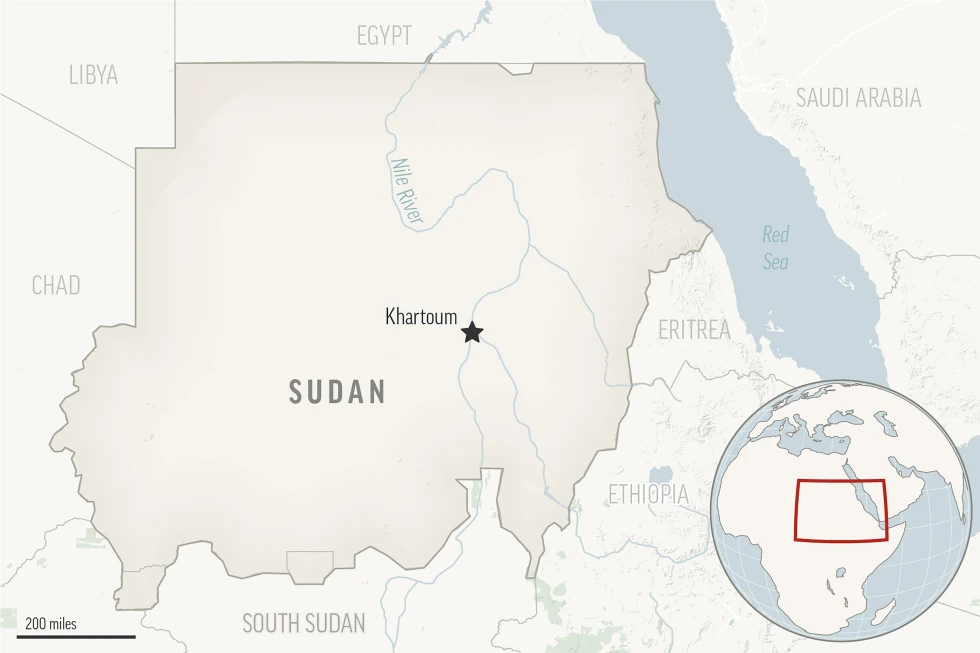Amidst the escalating conflict in Sudan, a significant development has occurred with the capture of Wad Madani, a strategic city and the capital of Gezira state, by a rival paramilitary group. This event has prompted a stern response from Sudan’s Army Chief, General Abdel Fattah al-Burhan, who has criticized his commanders for their “negligence” in handling the situation. The army’s unexpected withdrawal from Wad Madani, without engaging in combat, has raised serious concerns, leading to Gen. al-Burhan’s pledge to hold responsible parties accountable.
The seizure of Wad Madani by the Rapid Support Forces (RSF) represents a pivotal moment in the ongoing eight-month civil war that has gripped Sudan. The RSF, which has been in conflict with the army since April, is believed to control a significant portion of Sudan’s capital, Khartoum, and most of the western Darfur region. Their recent claim of taking over the entire Gezira state, though unverified, has caused alarm in the region, resulting in the withdrawal of aid workers from neighboring areas in fear of further conflict escalation.
This intensification of hostilities has had a devastating impact on the civilian population. Over 300,000 people have fled Gezira, previously considered a safe haven. The situation in Wad Madani is particularly dire, as it has become a refuge for those fleeing from unsafe areas such as Khartoum. The sudden outbreak of fighting in Wad Madani has created a climate of panic, with civilians facing uncertainty about their future and access to aid.
The control of Wad Madani by the RSF has also disrupted humanitarian operations. The city had emerged as a central point for aid activities since the onset of the conflict, effectively replacing Khartoum. However, the RSF’s takeover has compelled many aid groups to evacuate. Representatives from medical charities have expressed grave concerns over the situation, noting the challenges in maintaining contact with patients due to poor telecommunications in the city.
Residents describe the current state of Wad Madani as desolate, with closed shops, non-functional hospitals, and an absence of army or police presence, leaving only RSF fighters in the area. This has led to further displacement, with civilians and aid workers relocating to other states such as Gedaref, Sennar, and White Nile.
The potential expansion of RSF control to these areas is a growing concern, particularly in Gedaref. Aid organizations have expressed their readiness to relocate amidst fears of an escalating conflict.
The United Nations has identified the situation in Sudan as the world’s largest displacement crisis. An estimated seven million people have been forced from their homes, highlighting the severity of the crisis which encompasses mass displacement, the destruction of Khartoum, a humanitarian emergency, and ethnically driven violence in Darfur.
The root of this conflict lies in the aftermath of the overthrow of former president Omar al-Bashir, with a power-sharing arrangement between the RSF and the army. This alliance turned sour following disagreements over an internationally backed political transition plan, leading to the current war. This conflict has plunged Sudan into a severe state, exacerbating existing challenges and creating new ones for its population and the international community involved in relief efforts.





